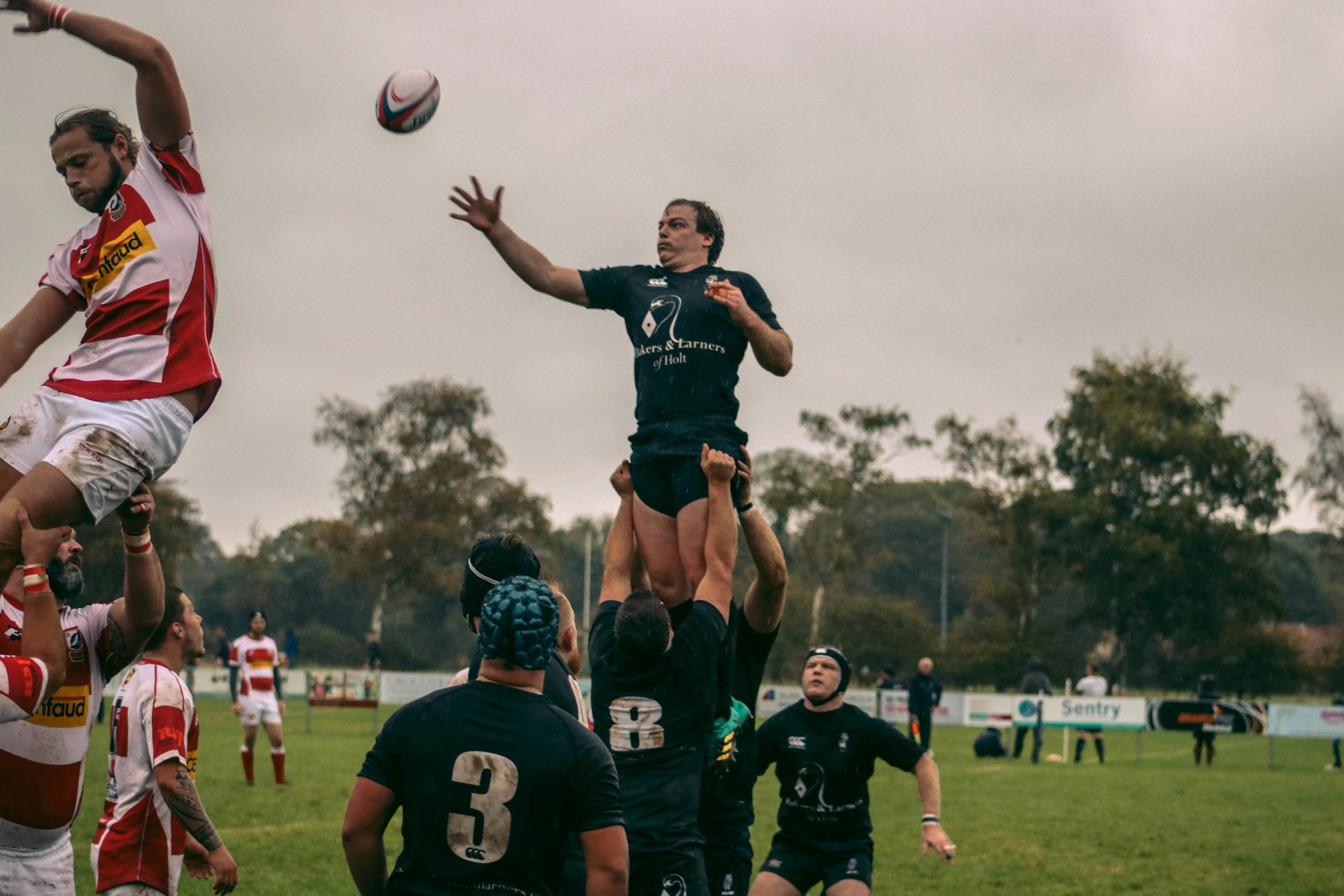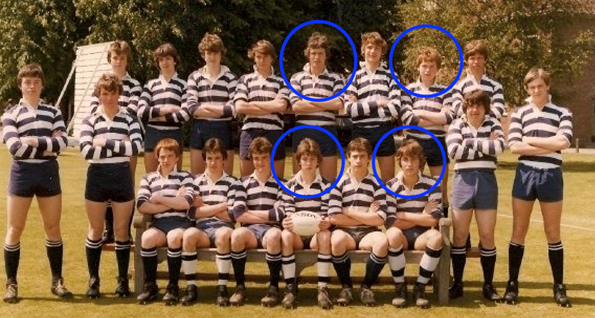Head for Change welcomes research to further our understanding of the risks of head impacts in sports

Head for Change welcomes research to further our understanding of the risks of head impacts in sports. However, the broad conclusions of this study including “This study suggests that there could be long term benefits from sport which could outweigh any negative effects of concussions” are concerning when there is very little known about volume and severity of head impacts. Whilst the study supports the well established understanding that physical activity has beneficial effects on brain health, the possibility that this could outweigh the impact of repeated head impacts on brain health is not demonstrated. There were only two tested cognitive domains within the set of cognitive tests, in which people who suffered only one sports related concussion demonstrated a better cognitive score. In those with two or more concussions no cognitive benefit was demonstrated.
The study excluded those with moderate to severe TBI due to low numbers, and also did not include subconcussive head impacts, the effect of which is of significant concern and has led to a change in policy by the Football Association to reduce heading to a maximum of ten per week. Furthermore, it excluded people with a diagnosis of dementia (who likely would not be able to participate due to problems with recall, but who also represent a group with the very endpoint of concern), as well as professional sportspeople (a particularly at risk group).
Additionally only a quarter of the participants were male – which in the age range of participants (50-90 years) were likely to comprise a greater proportion of those playing recreational sports with exposure to head impacts in earlier life.
It would perhaps be safer to expand on authors’ previous conclusions, that “TBI is associated with fixed, dose, and severity-dependent cognitive deficits” (Lennon et al. 2023) and add that physical activity is beneficial for brain health, and seeking to play sport safely with the mitigation of head impacts is the most medically sound advice.
Read Original article (The Guardian)
Reference:
Lennon et al., “Lifetime Traumatic Brain Injury and Cognitive Domain Deficits in Late Life.”
Lennon, Matthew J., Helen Brooker, Byron Creese, Tony Thayanandan, Grant Rigney, Dag Aarsland, Adam Hampshire, Clive Ballard, Anne Corbett, and Vanessa Raymont. “Lifetime Traumatic Brain Injury and Cognitive Domain Deficits in Late Life: The PROTECT-TBI Cohort Study.” Journal of Neurotrauma 40, no. 13–14 (July 1, 2023): 1423–35. https://doi.org/10.1089/neu.2022.0360.








